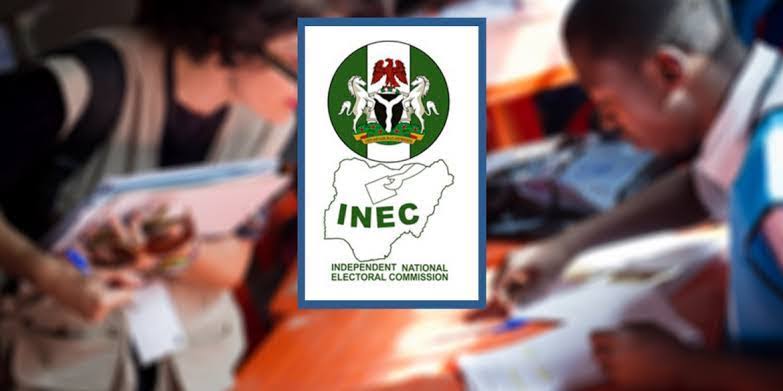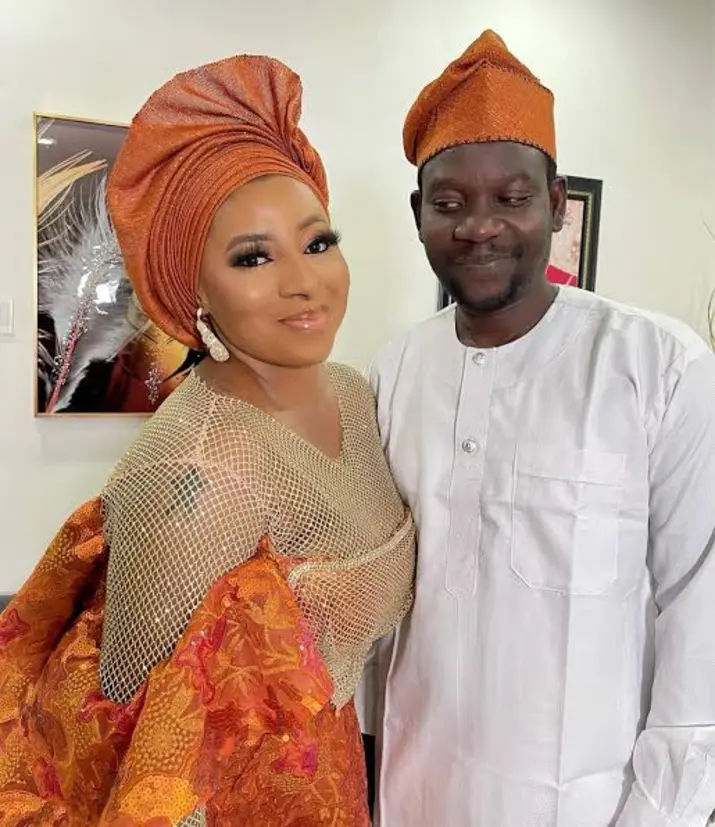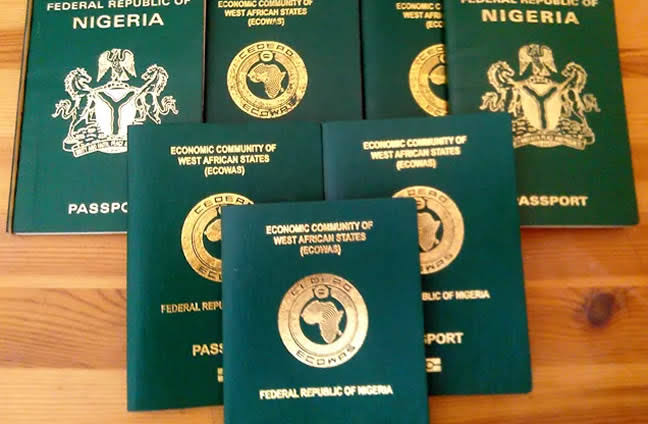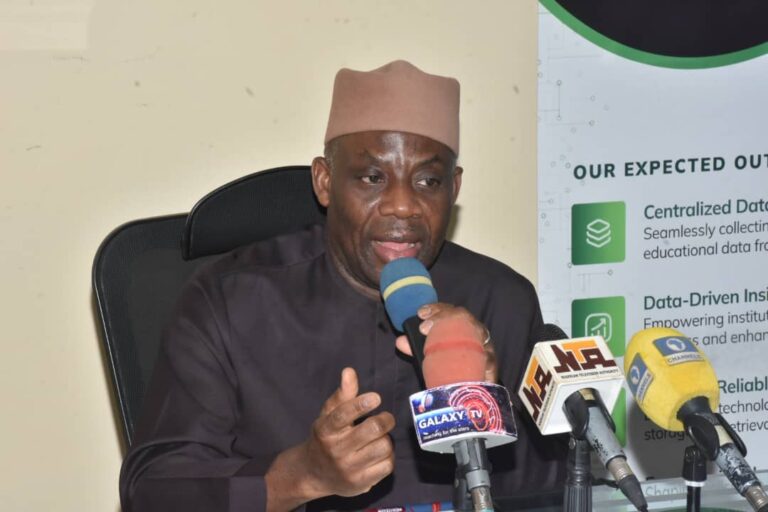
There are increasing calls for immediate reforms to ensure free, fair, and credible elections as Nigeria gets closer to the general elections in 2027. Legal professionals, leaders of civil society, political analysts, and former public servants are among the stakeholders nationwide who have advocated for constitutional amendments that would deprive the executive branch of government of its authority over the judiciary and the Independent National Electoral Commission (INEC).
Many contend that in order to guarantee free, fair, and credible elections, these reforms are necessary.
True electoral integrity cannot be attained until INEC and the judiciary are released from the executive’s hold, according to Mr. Cleric Alaowei, Chairman of the Board of Trustees, Centre for Human Rights and Anti-Corruption Crusade (CHURAC).
He advocated for constitutional changes that would transfer the power of appointing judges and electoral commissioners to independent bodies such as the National Judicial Council (NJC), and proposed that INEC leadership positions be subject to elections rather than presidential appointments.
“Without addressing these legal flaws and structural weaknesses, credible elections in 2027 will remain a mirage,” Alaowei stated.
Activist and former Ondo SDP chairman, Hon. Stephen Adewale, warned that unless radical reforms are enacted, the 2027 elections would not only be flawed but “a complete farce.”
He cited the failure of the 2023 polls, especially the inability of INEC to transmit results via the IReV portal and the judiciary’s dismissal of credible petitions based on technicalities.
“The judiciary must return to its sacred duty of justice. Judges should no longer serve as silent accomplices in the erosion of democracy,” he said.
Development consultant, Surveyor Furoebi Akene, did not hold back in blaming the judiciary for Nigeria’s electoral failures.
“There cannot be justice with the present judicial officers,” he said, arguing that biased judges only encourage impunity and oppression.
Eric Omare, former President of the Ijaw Youth Council, echoed similar concerns.
He said the 2022 Electoral Act has been misinterpreted by the courts and urgently needs to be amended.
He backed calls for reforming the appointment process of INEC leadership, suggesting that a neutral body like the one recommended by the Uwais Committee should oversee it.
Mr. Blessing Adima, a political activist, emphasized the urgent need to decentralize INEC, suggesting that resident electoral commissioners should be empowered to announce presidential results in their states to prevent manipulation.
Similarly, Professor Ihechukwu Madubuike, a former Minister of Education and Health, said unless INEC and the judiciary are completely overhauled, public apathy would mar the 2027 elections.
Opinions differ on who bears the most responsibility for Nigeria’s flawed elections.
While opinions vary on who shoulders the most blame for Nigeria’s flawed elections, NLC President Joe Ajaero pointed to the political class.
“When the legislature becomes an extension of the executive and the judiciary speaks the voice of the executive, democracy is in danger,” Ajaero said.
Elder Joseph Ambakederimo of the South-South Reawakening Group argued that Nigeria already has sufficient electoral laws, but politicians refuse to follow them.
Zik Gbemre of the Niger Delta Peace Coalition added that enforcing existing laws would have more impact than creating new ones.
“Until people get punished for compromising the electoral process, nothing will change,” he said.
Many stakeholders also called for resolving electoral disputes before elected officials are sworn in.
Comrade Philip Jakpor proposed a 90-day window to settle all election cases ahead of inauguration.
Dr. Peter Inyali supported the idea of holding all elections on the same day to reduce manipulation, and also called for mandatory electronic transmission of results.
Former Director-General of the National Directorate of Employment (NDE), Chuku Wachuku, and PDP chieftain Kennedy Peretei also emphasized the importance of insulating INEC and the judiciary from political interference.
Legal experts such as Prof. Olugbenga Oke and Hon. Ayo Fadaka painted a grim picture of Nigeria’s judiciary, describing it as deeply corrupt.
“Judges now scramble to be on election petition panels,” Fadaka lamented.
Other lawyers, including Deola Fehintola, Taiwo Adediran, and Lanre Ogunsuyi, stressed the need for judicial accountability, consistency in judgments, and oversight bodies to monitor judges’ conduct.
Some stakeholders, including Prof. Oke, argued that the larger problem lies within Nigeria’s societal values.
“We want the best, yet we tolerate mediocrity and corruption,” he said, calling for a national ethical reawakening.
Comrade Waheed Saka called for long-term, institution-based reforms rather than short-term fixes, while Isah Abubakar of the Northern Youth Council of Nigeria described reform as a “moral obligation.”
Mr. Lazarus Mom of the Benue NGO Network referenced the Uwais Panel’s recommendations, which included electing the INEC chairman and shifting the burden of proof in election petitions to the commission. He also backed mandatory electronic voting.
Alhaji Yerima Shettima of the Arewa Youth Consultative Forum concluded by warning that without structural reform, hopes for credible 2027 elections are unrealistic.
“Without substantial reforms in both the Independent National Electoral Commission (INEC) and the judiciary, the likelihood of conducting free, fair, and credible elections remains bleak,” he stated.




